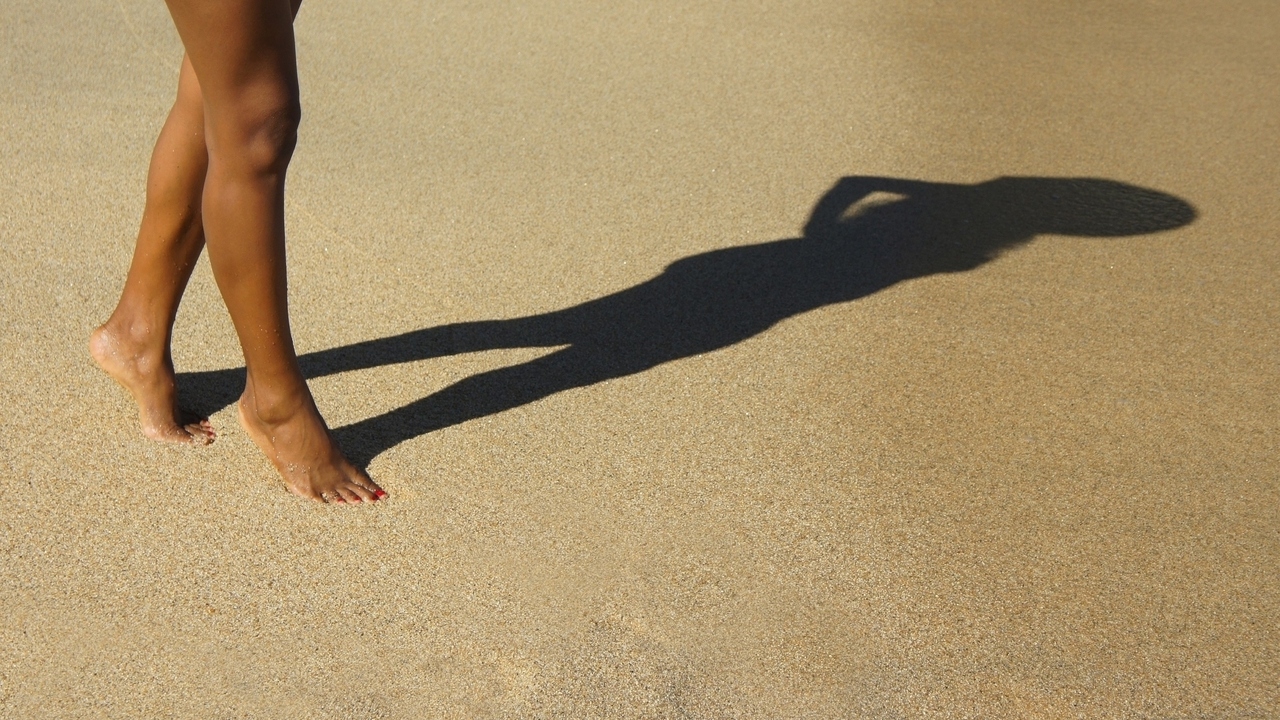 Kbuntu/PhotoSpin
Kbuntu/PhotoSpin
An inexpensive supplement, vitamin B3 or nicotinamide, has been found to decrease the risk of recurrent non-melanoma skin cancer by 23 percent when taken twice a day in an Australian study .
Skin cancer is the most common form of cancer. “About 3.5 million cases of basal and squamous cell skin cancer are diagnosed in this country each year. Melanoma, a more dangerous type of skin cancer, will account for more than 73,000 cases of skin cancer in 2015", according to American Cancer Society.
Researchers tested approximately 400 patients who had at least two non-melanoma skin cancers over the previous five years so were considered high risk for a recurrence. They ranged in age from 30 to 90, were mostly male and had a variety on other ongoing health conditions, such as heart disease or chronic lung disease.
People in Australia suffer from skin cancer at four times the rate of other cancers. It is thought to affect over half their population, stated Medscape.
The study took place at two treatment centers in Sydney, Australia, between 2011 and 2014.
Patients who took 500 mg of nicotinamide twice a day for one year showed a 23 percent reduction in new diagnosed non-melanoma skin cancer, as compared to a placebo group.
The breakdown in type of skin cancer reduction was: 20 percent of basal cell carcinoma, 30 percent of squamous cell and 13 percent of actinic keratosis, reported Medscape. Actinic keratosis is considered a pre-cancerous skin lesion.
"This is the first clear evidence that we can reduce skin cancers using a simple vitamin, together with sensible sun protection. We hope that these findings can be immediately translated into clinical practice," said Diona Damian, a professor of dermatology at the University of Sydney in a NBC news report.
Researchers hypothesize that nicotinamide works by boosting DNA repair in skin cells damaged by the sun and blocking the immunosuppressive effect of UV light.
There were only minimal side effects from taking nicotinamide in the study participants. Nicotinamide and niacin are both vitamin B3 formulations but side effects such as skin flushing, headache or a drop in blood pressure mostly occur from taking niacin, not nicotinamide.
Darian went on to point out that nicotinamide is also a very inexpensive supplement. It only runs about $10 a month to buy.
Before we get too excited about their findings, there are some important considerations.
The benefit of taking the nicotinamide was noticeable after only three months but quickly wore off if they stopped taking the supplement.
Darian noted that the occurrence of skin cancer in the test group and placebo group became the same after about six months of not taking nicotinamide.
It is also unknown how long this benefit would last in long-term use.
The research is also not applicable yet to those who have never had skin cancer as a form of prevention. More studies would need to be performed to determine its usefulness for all people to as a way to reduce non-melanoma skin cancer incidence.
Everyone needs to continue with sun protection practices of wearing sunscreen of at least 30 SPF and trying to stay out of direct sunlight during the main times of the day between 10 a.m. and 4 p.m. This is important even if you are taking nicotinamide.
The study results were presented at the annual meeting of the oncology society, which began May 29, 2015, in Chicago.
Sources:
Vitamin B Derivative Reduces Risk for Further Skin Cancer. Medscape Medical News. Retrieved May 31, 2015.
http://www.medscape.com/viewarticle/844613?nlid=81353_1587
Vitamin Supplement Linked to Reduction in Skin Cancer Risk. Healthday News. Retrieved May 31, 2015.
http://consumer.healthday.com/cancer-information-5/mis-cancer-news-102/v...
B Vitamin Is Found to Help People Prone to Some Types of Skin Cancer.
http://www.nytimes.com/2015/05/14/business/b-vitamin-is-found-to-help-pe...
Vitamin Pill Cuts Skin Cancer Risk. NBC news. Retrieved May 31, 2015.
http://www.nbcnews.com/health/cancer/vitamin-pill-cuts-skin-cancer-risk-...
Michele is an R.N. freelance writer with a special interest in woman’s healthcare and quality of care issues.
Edited by Jody Smith




Add a Comment1 Comments
Would love to see everyone not get over-exposed to sun starting at an early age. We all need some sun to be healthy, but too much is a problem. New SunFriend wearable tech keep you safer in the sun by tracking your real time exposure and warning you when you have had enough so you can get covered up or go back inside. SunFriend was invented to help combat skin cancer by a NASA scientist.
June 3, 2015 - 12:20pmThis Comment